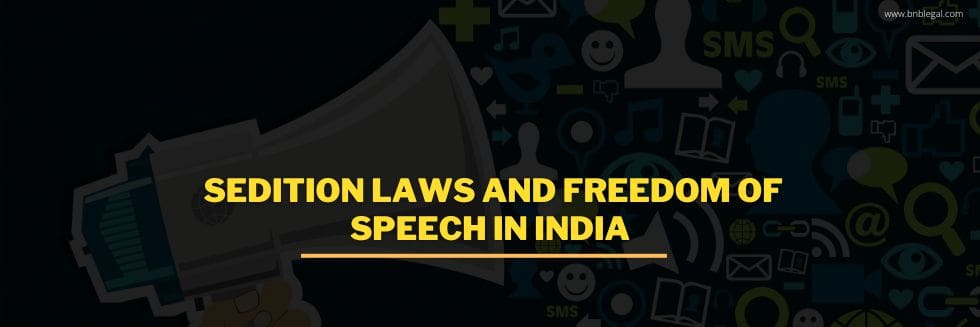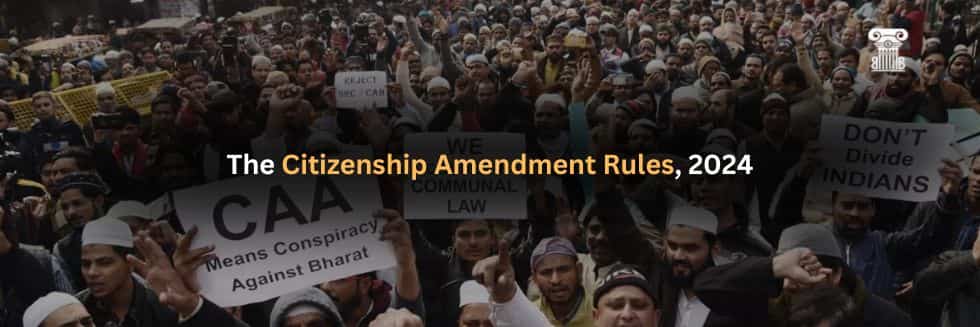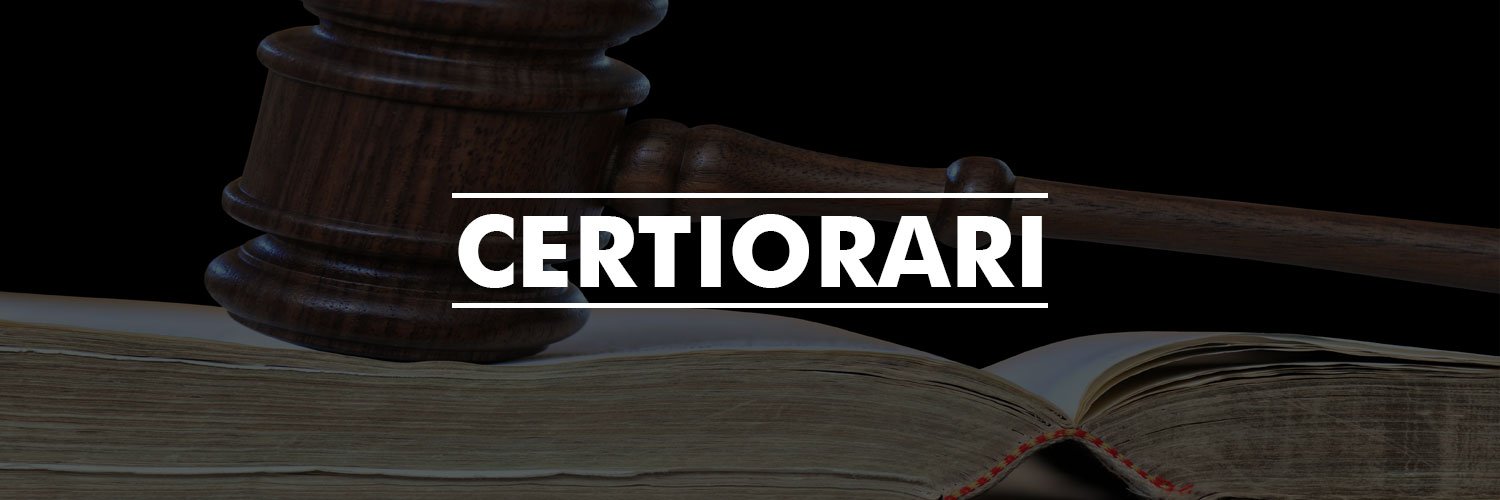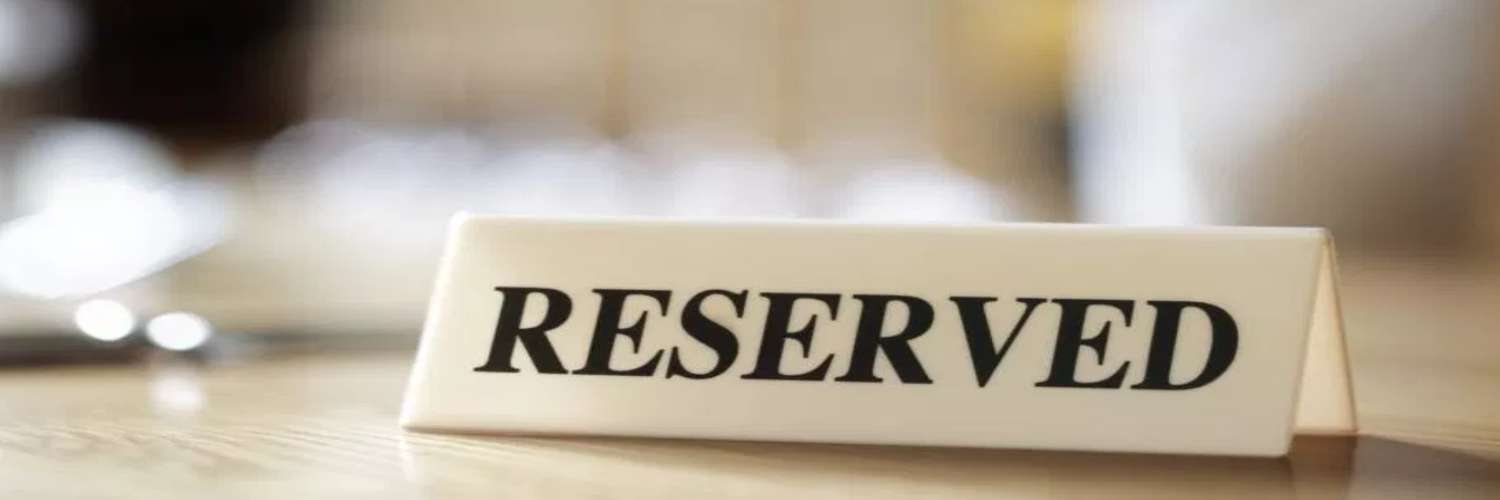Order 11 of Code of Civil Procedure 1908, authorizes the parties to deliver list of interrogatories in writing to the other party, with leave of the court and order 11, rule 12 says that the court shall decide within 7 days the fate of such application and leave shall be given as to such interrogatories as the courts shall consider necessary, either for disposing fairly of the suit or for saving costs.
If the opposite party finds it scandalous or irrelevant or not bonafide for the purpose of the suit or sufficiently material at that stage, etc. He may answer the same by way of affidavit – to be filed within 10 days or within such other time as the court may allow.
When a person omits to answer or answers insufficiently, the party interrogating may apply to the court for an order requiring him to answer or to answer further as the case maybe. Rule 14 of order 11 says that, “it shall be lawful for the court, at any time during the pendency of any suit, to order the production y any party thereto, upon oath of such of the documents in his possession or power, relating to any matter in question in such suit, as the court shall think right; and the court may deal with such documents, when produced, in such matter as shall appear just. Thus we see that there is a vast power unto the court to call for the production of the documents relevant for the purpose of the case. Now it’s for the lawyers to invoke this power effectively and in time. A proper conduct of the case definitely helps the client, saves the time of the court.
This provision is notably useful in maters against banks and corporations. Where the party gets to see the account book and essential papers of the opposite party concerning his case within three days as is prescribed in the court. Thus going by the spirit of the act, this procedure is much quicker than RTI which takes three to four weeks.
Rule 21 of the order 11 says that where any party fails to comply with any order to answer interrogatories, or for discovery or inspection of documents, he shall, if a plaintiff, be liable to have his case dismissed for want of prosecution, and if a defendant, to have his defense, if any, struck out, and to be placed in the same position as if he has not defended.
There’s one more facility provided in the same order vide rule 22 which says that any party may, at the trial of a suit, use in evidence any one or more of the answers or any part of an answer of opposite party to interrogatories without putting in the others or the whole of such answer.
Provided always that in such case the court may look at the whole of the answers, and if it shall be of an opinion that any others of them are so connected with those put in that the last mentioned answers ought not to be used without them, it may direct them to be put in.
And this order applies to minor plaintiffs and defendants. And to the next friends and guardians for the suit of persons under disability.
Thus we see that the court provides us valuable procedure to get affective and speedy justice and it is for the lawyers to utilize this in the interest of justice.






